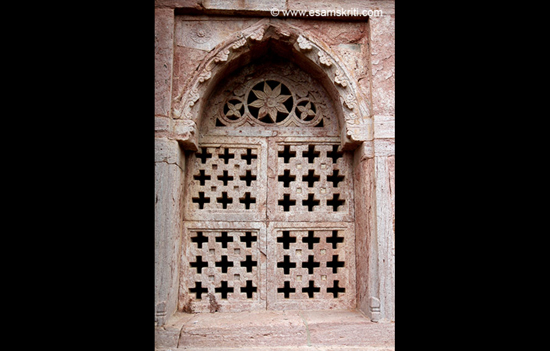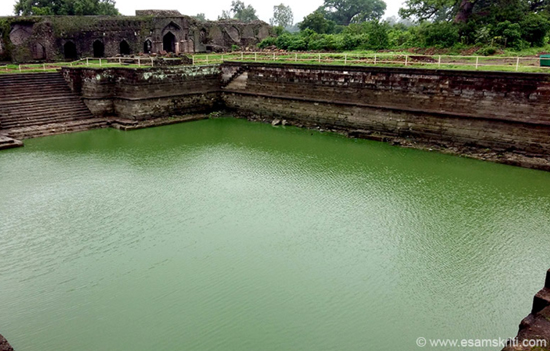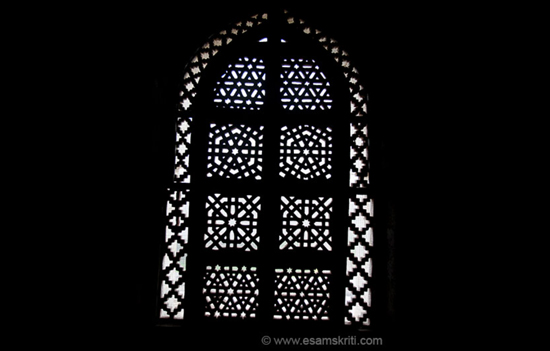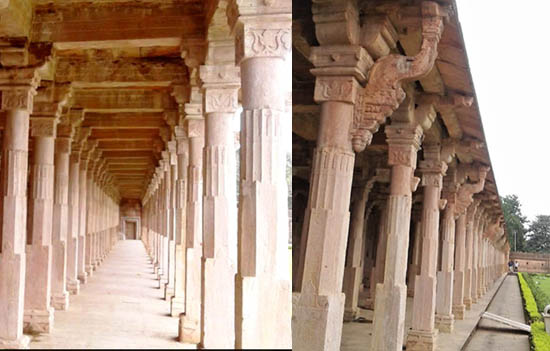- A short write-up on why Jaalis are part
of Hindu temple architecture.
NO! The Mughals did NOT give us jaalis!
Mughals did give us minars made from
skulls, destruction of temples, looting of Bharat, but they did NOT give us
jaalis!
These exquisite, unique jaalis featuring
female musicians and dancers in different poses are from the 11th century
Chandramoulishwara temple in Hubballi. Carved out of a single stone slab, these
jaalis showcase the skill of the sculptors from the Western Chalukya kingdoms.
Such jaalis not only enhanced the temple’s aesthetic appeal but they also serves functional purposes, such as regulating light and air flow inside the temple. The chiaroscuro effect these jaalis give in the sabhamandapa is stunning.
The concept of jaalis latticed
decorative windows carved out of stone predate the arrival of Islam in Bharat.
Ancient Indian temple architecture texts mention them. Early examples of
latticed windows can be found in structures like the 8th-century Kailasa temple
in Ellora and the Pattadakal temple complex in Karnataka. See album
pics 3 and 53 for Pattadakal Temples
These early jaalis were primarily
geometric, carved directly into stone. Later on, sculptors started carving
mythical animals like the Vyala and the Makara into these jaalis, and even
human figures as demonstrated in these pictures.
All the Mughals did was to steal this
design, turn it into creeper based or geometric designs and use them into their
mausoleums like the Taj Mahal, another case of classic cultural appropriation!
Check these jaalis out, and compare them
with the jaalis in Islamic monuments, and you will realise the difference!
To read all
articles by author
To
see album by author
Editor
Notes
 Window in Darya Khan Tomb, Mandu. Note flower design top of pic. 2018.
Window in Darya Khan Tomb, Mandu. Note flower design top of pic. 2018.See
pic 19 of album
 Just outside Darya Khan Tomb is Somvati Kund. Have you seen kund outside a tomb.
Just outside Darya Khan Tomb is Somvati Kund. Have you seen kund outside a tomb.  Jaali work in Hoshang Shah Tomb. 2018.
Jaali work in Hoshang Shah Tomb. 2018.  Hall to west of Tomb. Such columns & brackets are Hindu design. Pic by local photographer. 2018.
Hall to west of Tomb. Such columns & brackets are Hindu design. Pic by local photographer. 2018.